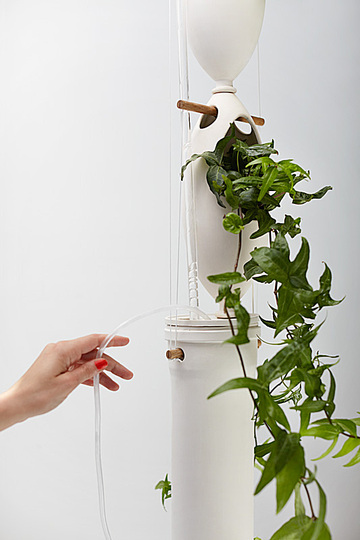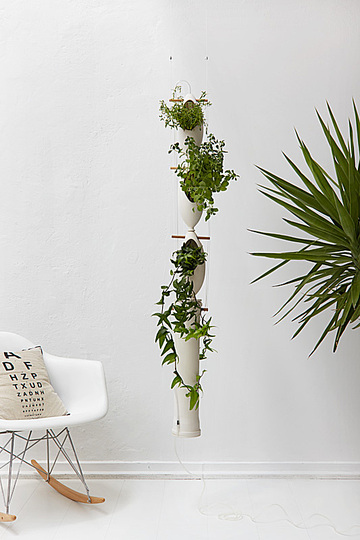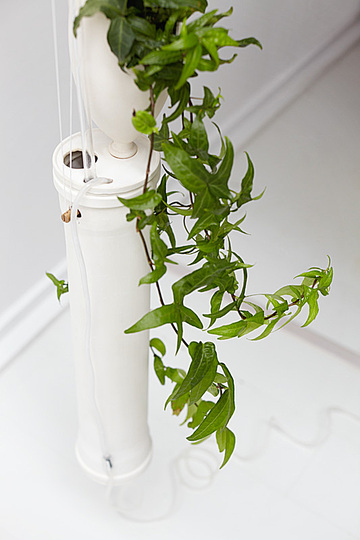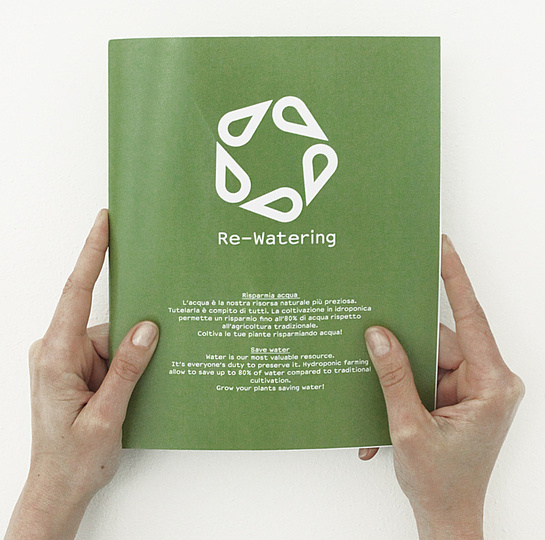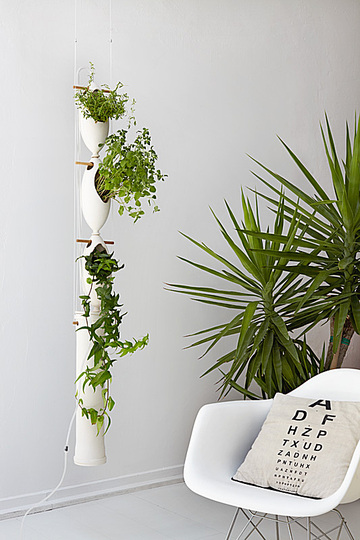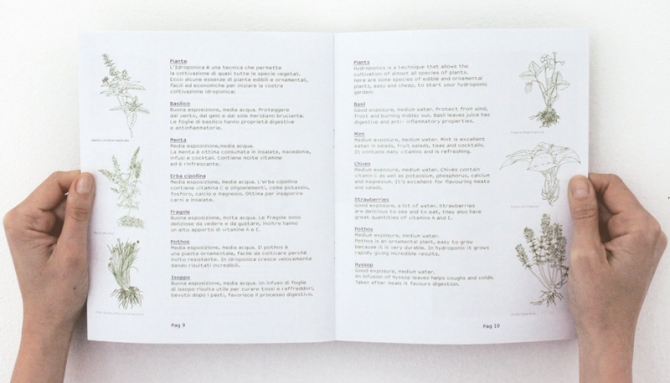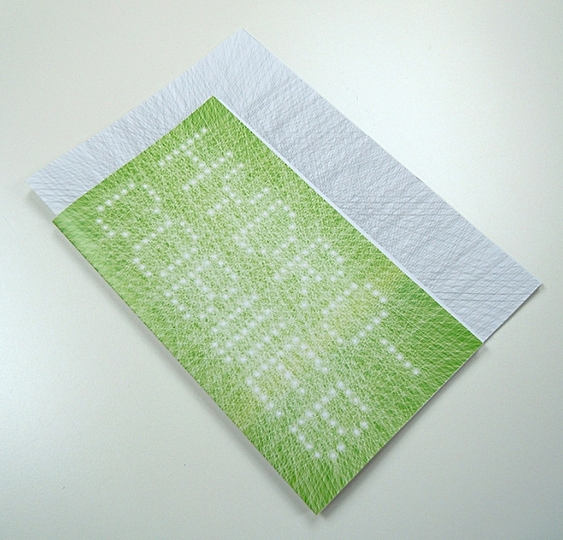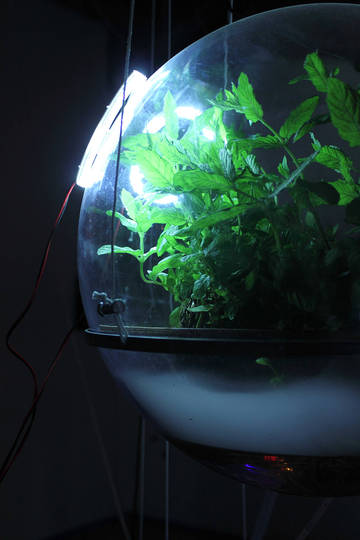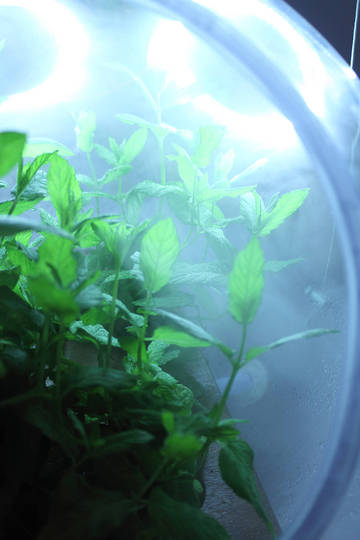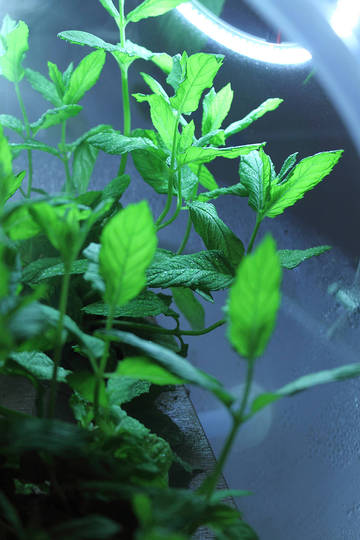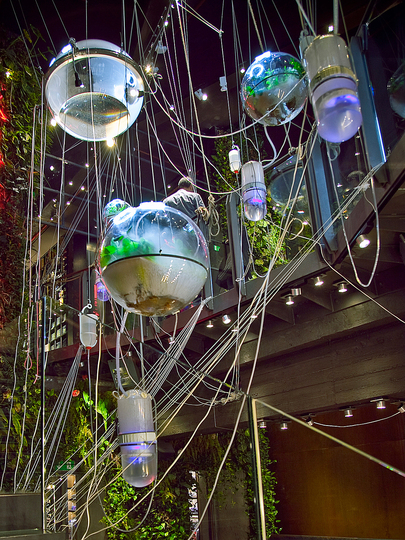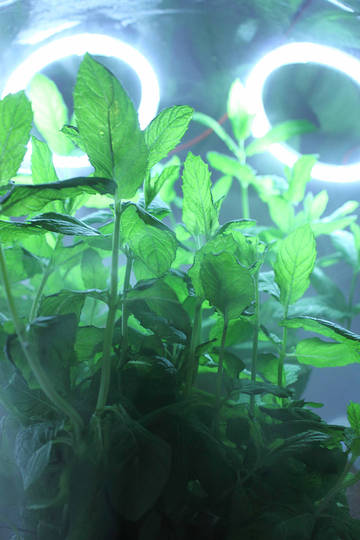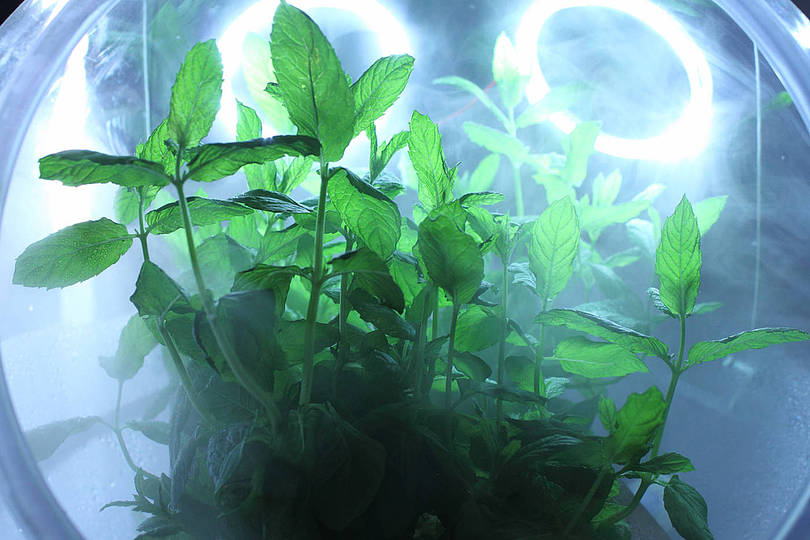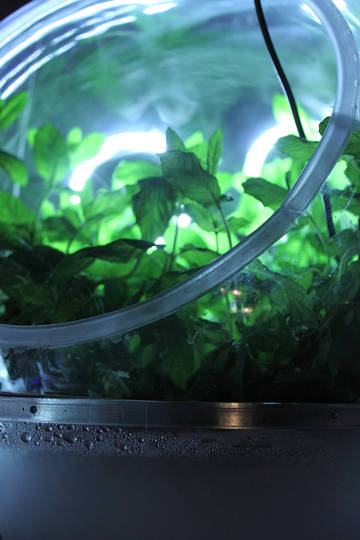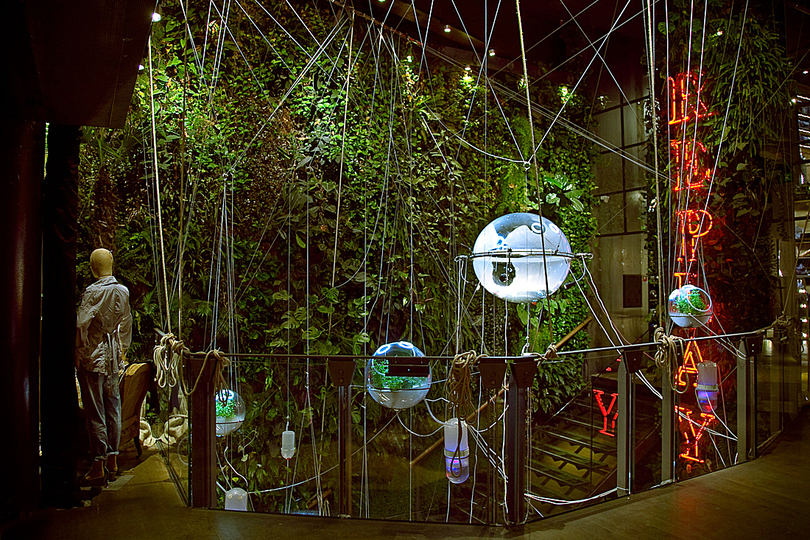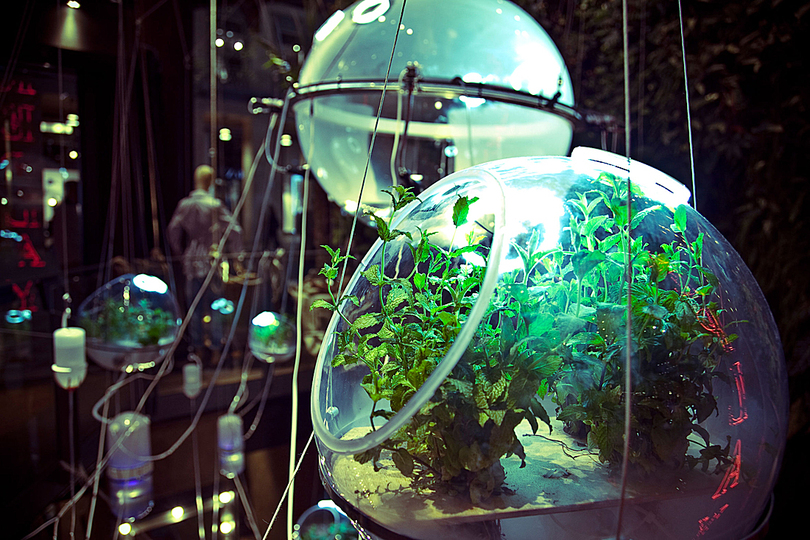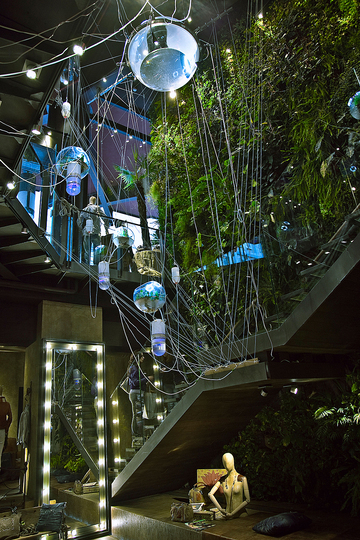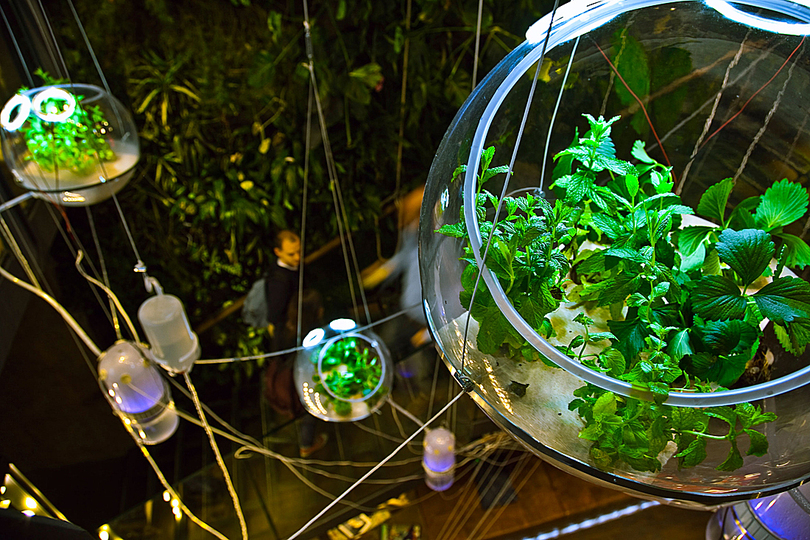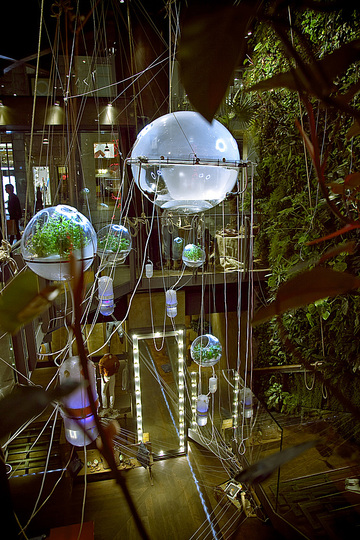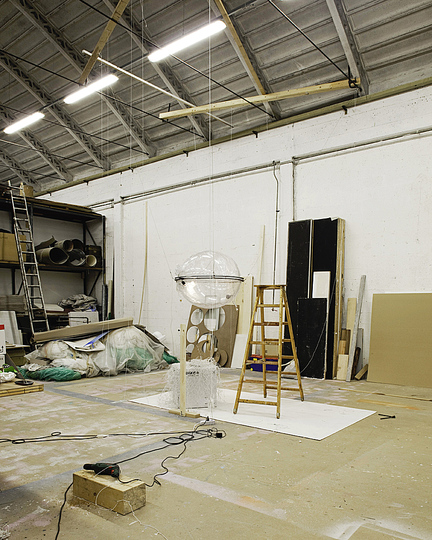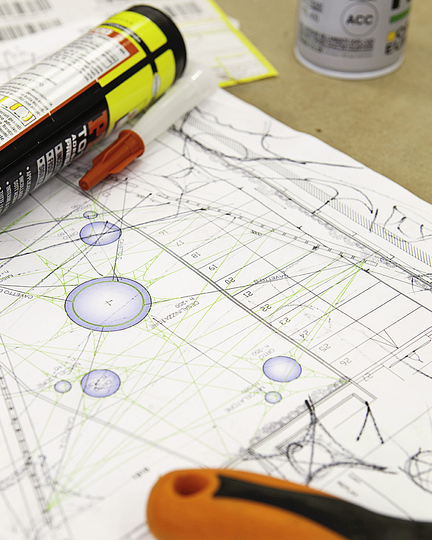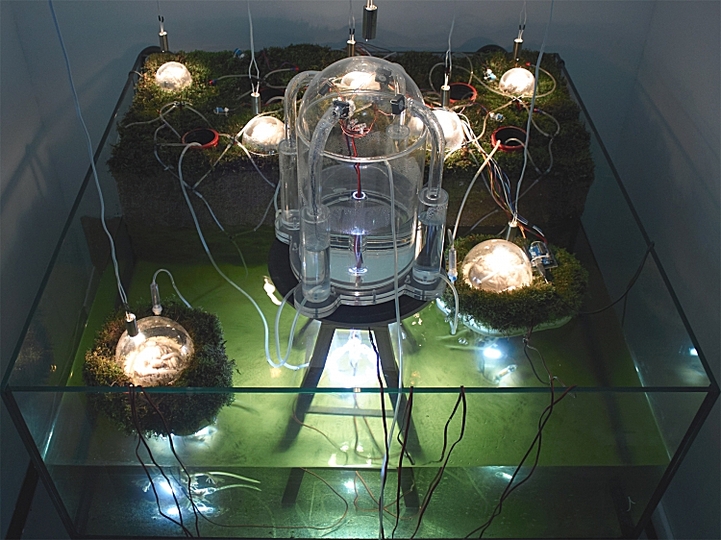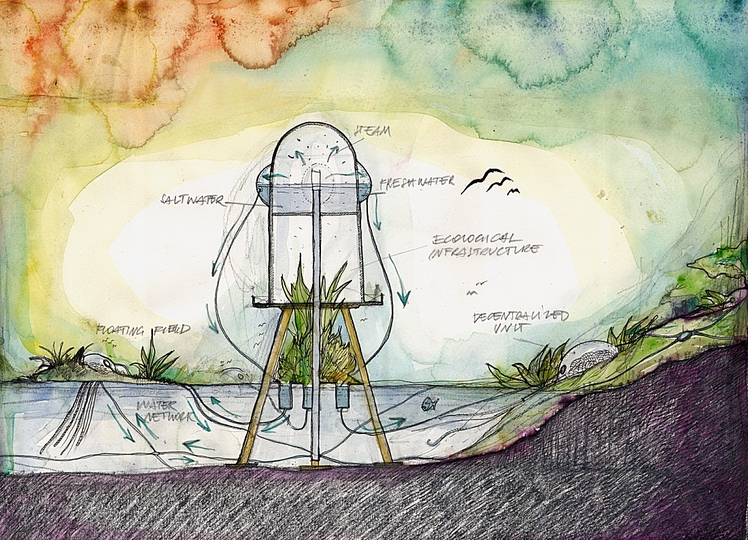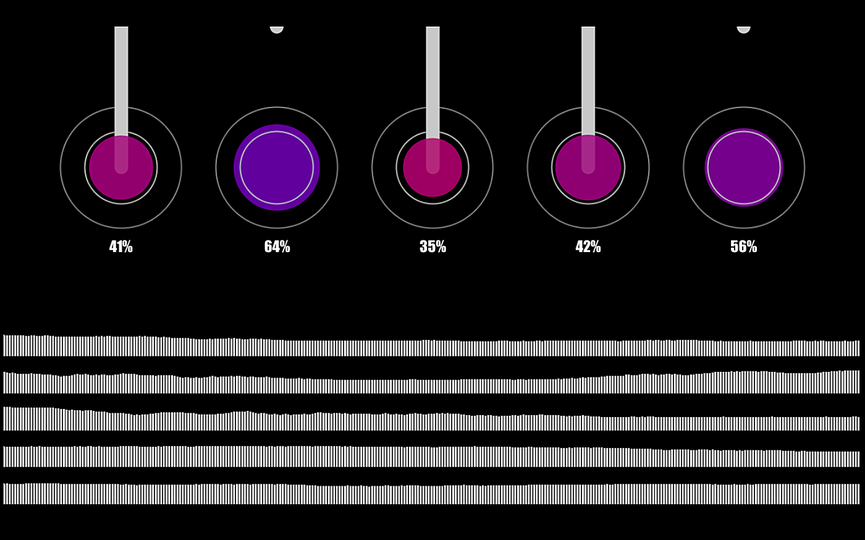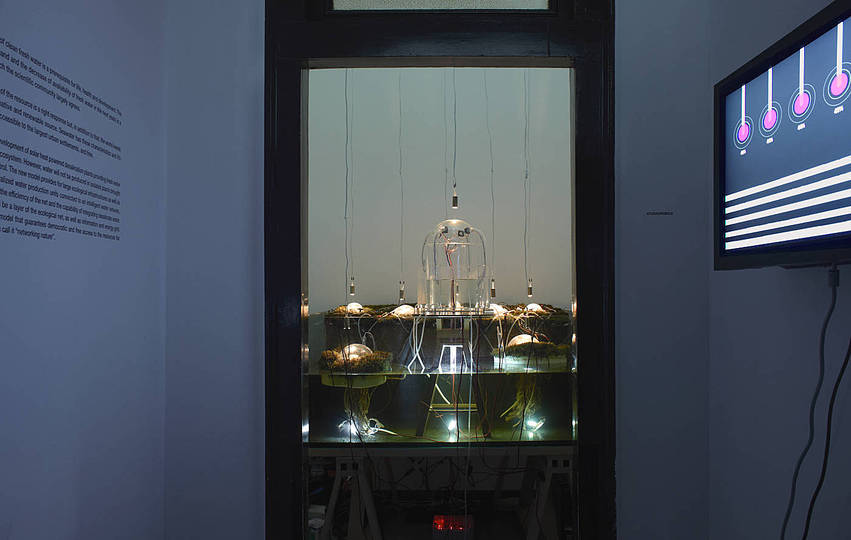Re watering
Studiomobile is a design office established by Antonio Girardi and Cristiana Favretto in 2007. It conceives the design as a holistic field where blending architecture, art, technology and urban ecology. It is mobile because it shifts among different disciplines involving mixes of software, creative thinking, handicraft, lab-activities, cultural and social research and whatever else is necessary to create multifunctional solutions and innovative imaginaries.
Cristiana Favretto was born in Italy near Venice. She has an architectonic and artistic background. She took a degree in Architecture at the University IUAV of Venice. She worked as a designer in Spain and Italy for international offices. She has been working on various site specific and art installations combining nature and technology in “organic machines”. Her work was presented at Venice Biennale 2012. She gave lectures in various Universities in Europe and organized workshops in collaboration with galleries and public institutions. At present she's a researcher at the University of Florence.
Antonio Girardi was born in Italy near Venice. He studied in Spain and in Italy. He graduated with full marks in a five years university course with a degree in Architecture at the University IUAV of Venice, where he has been working since 2006 as an assistant and lecturer in the degree program Building Production and in the degree program Sustainable Design. Since 2011 he has been awarded with a research grant for the PhD degree in Technology of Architecture concerning seawater as a valuable resource.
Cristiana Favretto was born in Italy near Venice. She has an architectonic and artistic background. She took a degree in Architecture at the University IUAV of Venice. She worked as a designer in Spain and Italy for international offices. She has been working on various site specific and art installations combining nature and technology in “organic machines”. Her work was presented at Venice Biennale 2012. She gave lectures in various Universities in Europe and organized workshops in collaboration with galleries and public institutions. At present she's a researcher at the University of Florence.
Antonio Girardi was born in Italy near Venice. He studied in Spain and in Italy. He graduated with full marks in a five years university course with a degree in Architecture at the University IUAV of Venice, where he has been working since 2006 as an assistant and lecturer in the degree program Building Production and in the degree program Sustainable Design. Since 2011 he has been awarded with a research grant for the PhD degree in Technology of Architecture concerning seawater as a valuable resource.
Magazines


